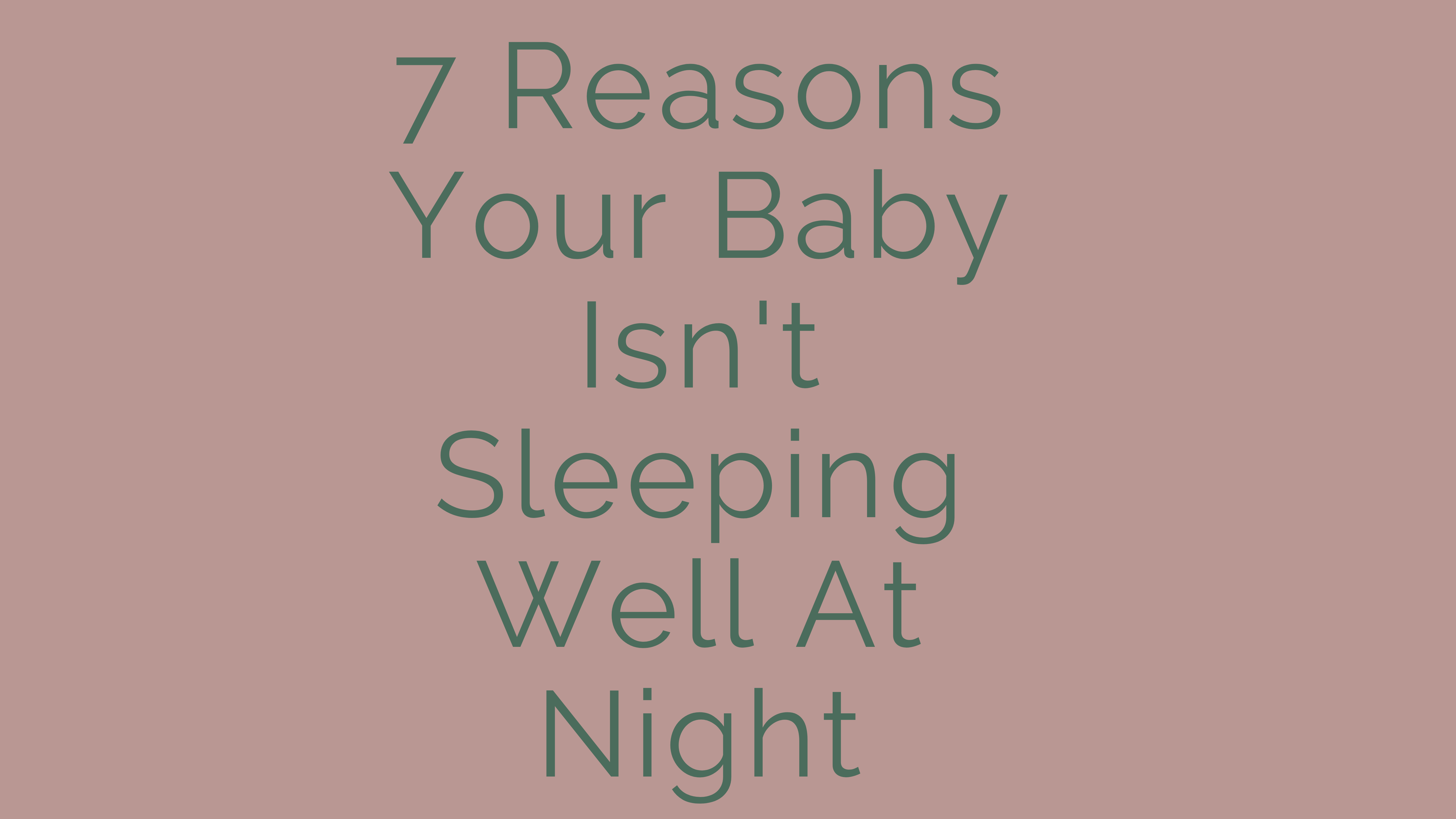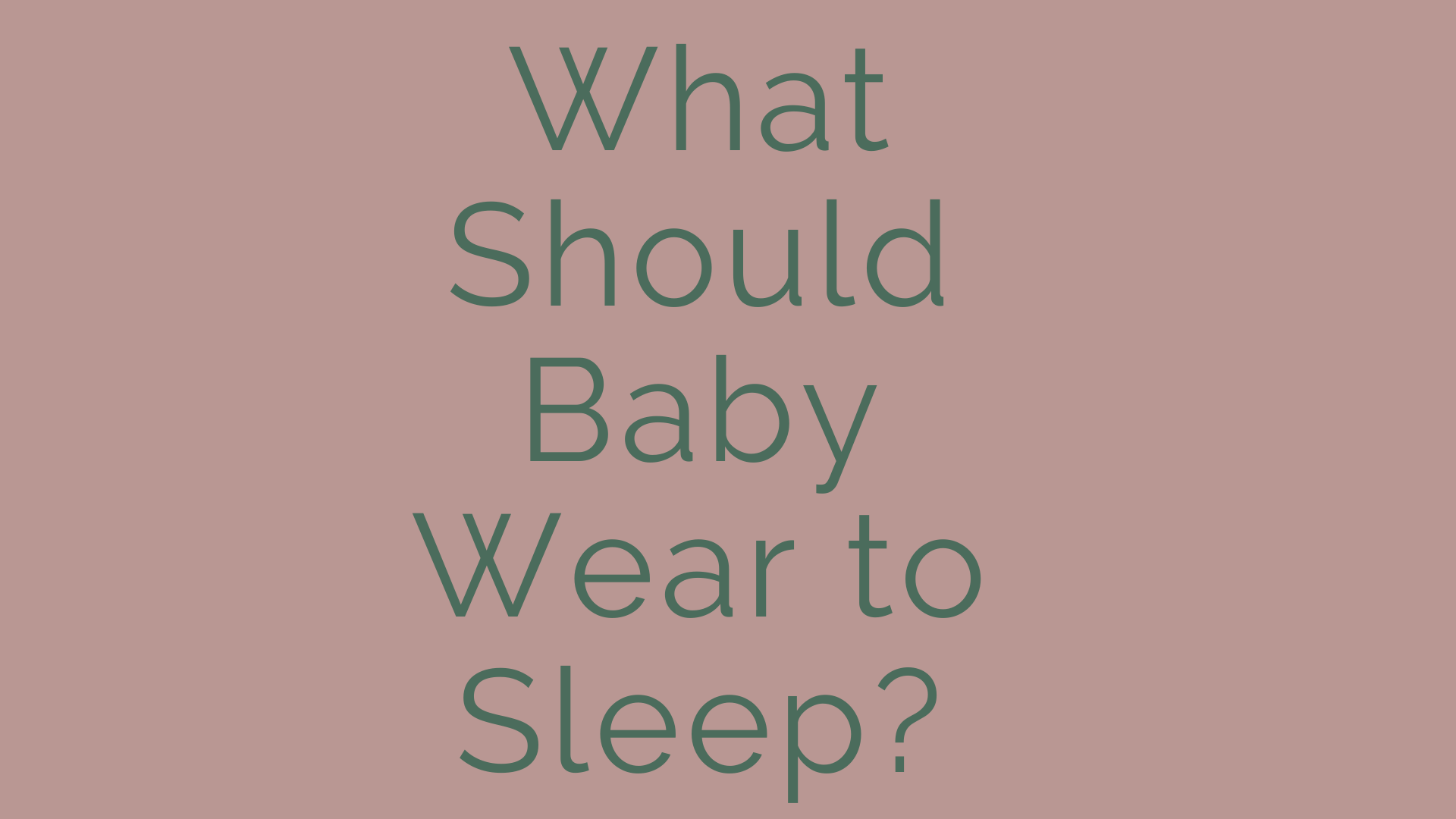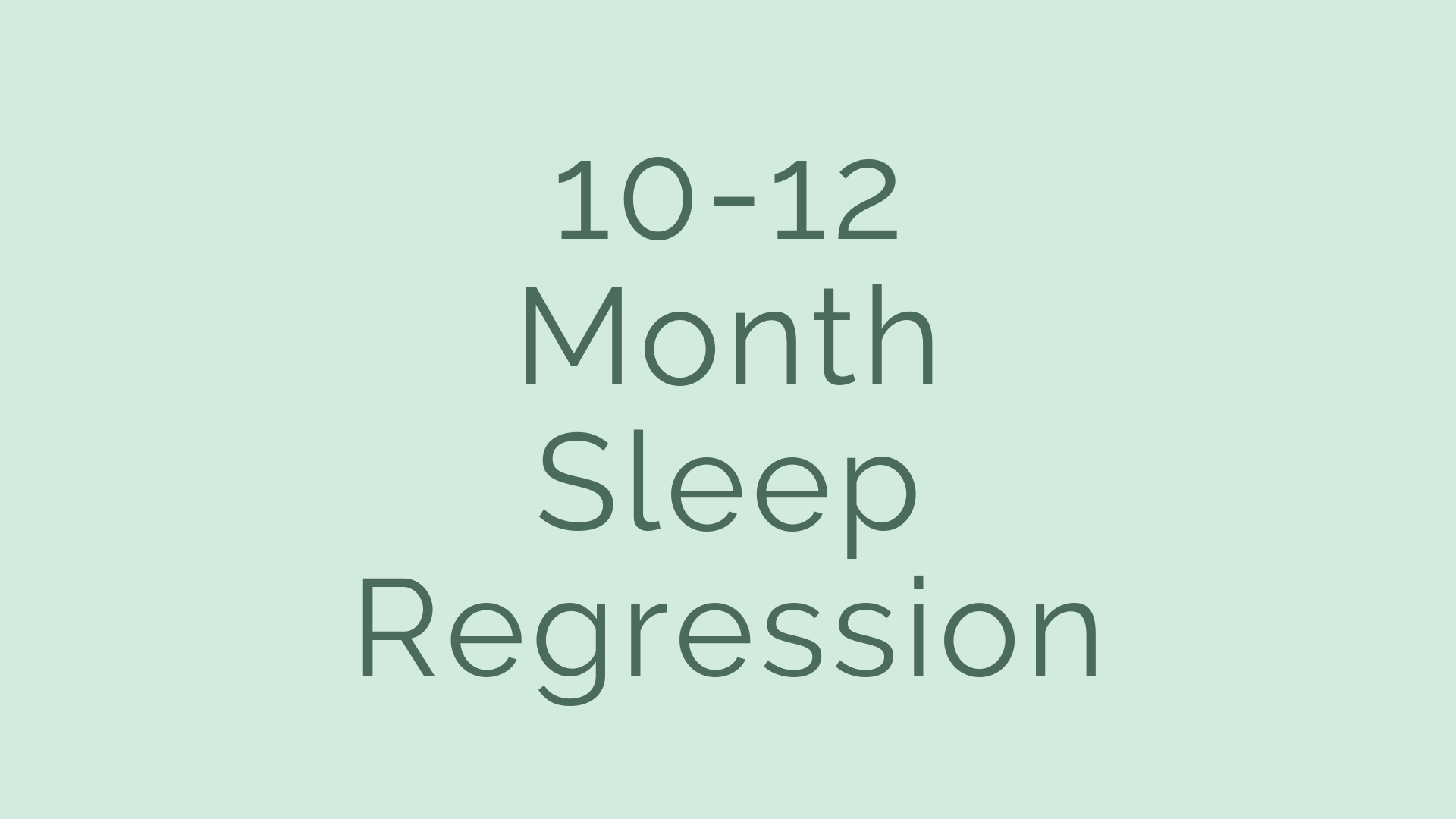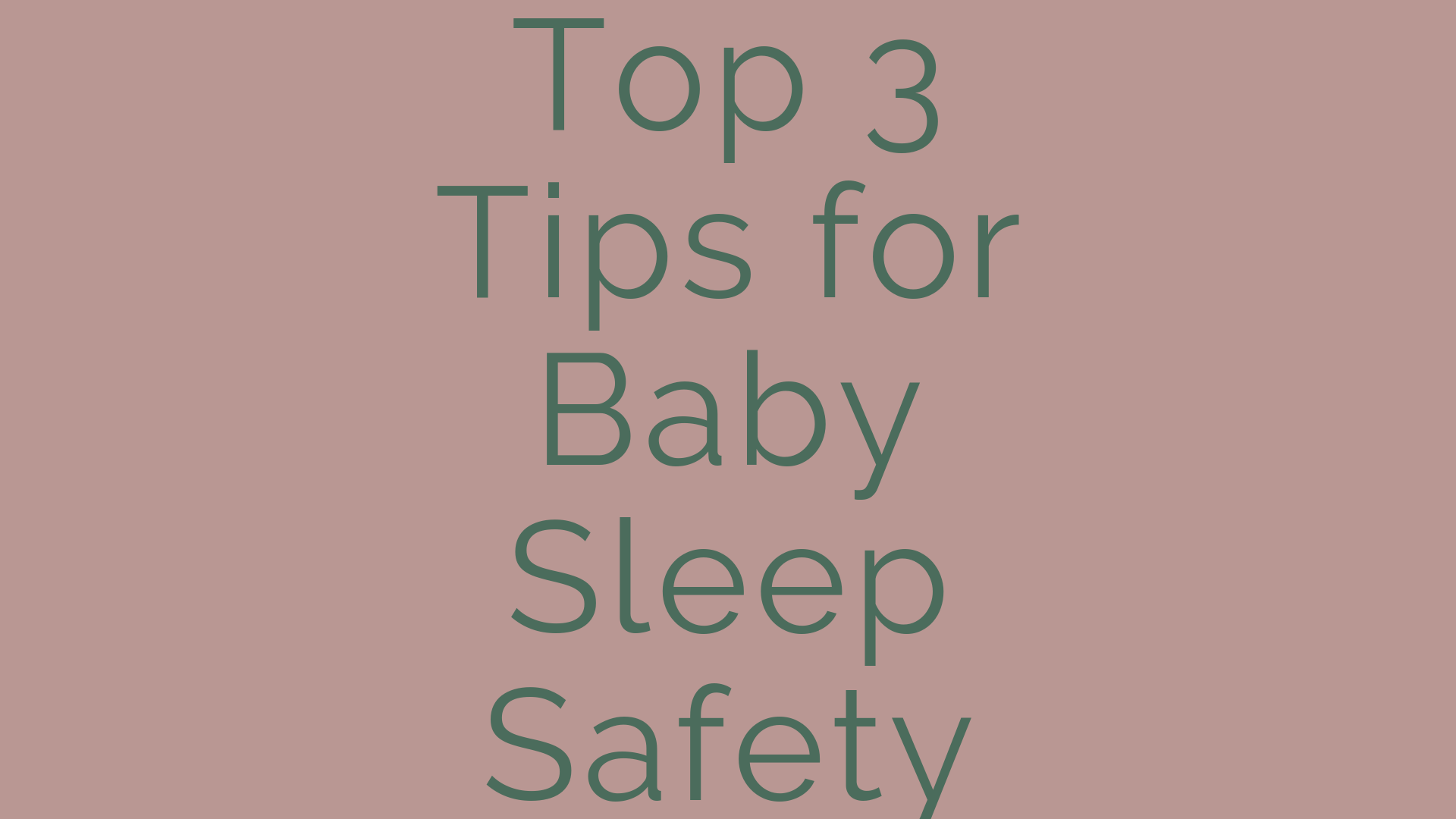Infants and toddlers struggle to sleep through the night for all sorts of reasons. If your child has not yet learned how to fall asleep on their own for naps and bedtime, then normal nocturnal arousals can turn into lengthy wake ups as baby calls out for help to fall back to sleep. But what if your child is sleep trained, and wakes up out of the blue overnight? Or, what if your child who hasn’t yet undergone sleep training wakes up at night and is unusually upset? Are they having a nightmare, night terror, or are they just afraid of the dark? What’s a parent to do?

Photo Credit: Bess Hamiti
Nightmares For Babies 12 Months and Under
Among the many struggles of having an infant is their inability to verbally communicate with their caregivers. For that reason, I find many parents blame nighttime wake ups on nightmares. First and foremost, if your child hasn’t yet been sleep trained, and is struggling with frequent nighttime wakings where baby is extremely upset, consider sleep training them. In almost every case frequent nighttime wakings resolve once baby learns to fall asleep on their own.
If your child is sleep trained and is waking often in a panicked state, ensure they are taking the appropriate number of naps. (This is so they are not sleeping too long during the day.) In my extensive experience working with thousands of families around the world, nighttime wakes (that families believe are nightmares) resolve once a child is sleep trained, and on an appropriate schedule.
Anytime something appears wrong, however, you should always check on your baby immediately. You should comfort them, address what’s wrong (if you can identify it), and then put them back down awake. (Allowing them to fall back to sleep on their own.)
Nightmares For Toddlers
After the age of 2, the popular consensus among doctors and child sleep experts, appears to be that nightmares can begin to be a more common issue. In the event your child has a nightmare, and you’re able to confirm the event with a child’s verbal explanation, address it as you would any other nighttime wake up. Check in immediately, comfort your child, and address what’s wrong. Then, if they’re sleep trained, allow them to fall back to sleep on their own.
Depending on your comfort level with the following opinion, remember that many children are able to develop coping mechanisms to deal with their fear. Once you have tended to them and comforted them, it’s normal for them to feel fearful after you leave. In many cases, children will not be able to overcome their feelings of fear without being given the chance to experience them. Letting them learn for themselves that nothing is wrong is very beneficial.
Prevention is key when dealing with toddler nightmares. If you find your child is experiencing them often, try the following:
– eliminate all screen time for 5-7 days,
– lower lights for 45 minutes prior to bedtime,
– focus on happy and positive music during the day,
– as well as reading positive books that avoid strong emotional storylines.
Typically, a cleanse for one week of anything that’s sad, scary, or very emotionally jarring can allow the child’s mind to “reset,” and eliminate the nightmares. As stated before, if your child does not yet know how to fall asleep on their own, that should be your primary focus in dealing with nightmares.
Night Terrors
I find the term “night terror” used incorrectly more often than I hear it used correctly. If a person is truly experiencing a night terror, they remain asleep and unconscious during the entire episode. If your child interacts with you, or even acknowledges your presence in any way during one of these episodes, they are not having a night terror. Further, in my professional experience, I can state that night terrors are rare. They are in the same category as “sleep walking.” It’s nothing to be afraid of, but crossing the line into something to speak to your physician about right away.
If your child is acting out a dream, screaming, or crying, or making sounds, and yet seems to be unable or unwilling to interact with you, they may be having a night terror. Reach out to your physician for advice on how to proceed.
Afraid of the Dark
Fear of darkness is something that appears around 2.5 to 3 years of age in some children. It is almost always in a response to some type of media they encountered that caused them fear. Infants do not fear the darkness. They were in total darkness from the moment their eyes began working until they were born. So they are quite familiar with it, and are not yet able to discern what may be fearful about being in darkness. In the first weeks and months of life, their vision is not yet sharp and acute. So while they can see and detect light, they aren’t seeing that well to begin with.
When your older child expresses fear of the dark, remember that your reaction is what will be key in making it better, or much, much worse. Decide now what single concession you are willing to make to help your child be more comfortable. And then do not deviate beyond that. Leaving the hallway light on, or adding a small nightlight are fine. But remain firm in not allowing additional concessions.
A child will typically keep asking for more light until it begins to harm their ability to sleep well. If you are using a hallway light, add a dimmer switch, or swap the bulb for a dim one. (So that the light is not very bright.) Quite literally light inhibits sleep. A small amount of light to assuage a child’s fear is just fine, but be cautious not to overdo it. Monitoring a child’s media intake can be helpful in preventing fear of darkness in the first place.
Prevention is Key
When it comes to nightmares and nighttime fears, prevention is key. As your child grows older, be hyper aware of how they react to the media they consume, especially media on screens. If your child appears to be of a sensitive nature, be especially careful with the media they are exposed to. An ounce of prevention can curtail many lost hours of sleep down the road.
If you’re interested in learning more about what affects your little one’s sleep, sign up for my newsletter!





Hey Natalie, thanks for this post! Do you think that cognitive development in any way influences sleep? Is there evidence to that? My little
One always has phases where her sleep is extremely light and she has nightmares that wake her up frequently. Is happens more rarely as she grows (she’s 18 months now), and I’m not sure but I thought maybe it has something to do with mental and/or biological development?
HI Diana!
I wouldn’t be surprised. It’s hard to ever know if it’s actually any one thing that disrupts sleep, but cognitive leaps seem to be a time when there is disrupted sleep.